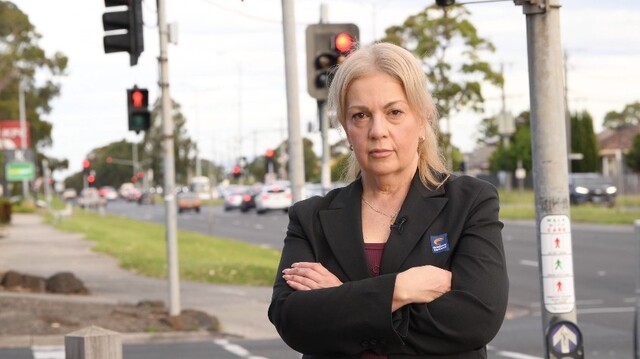The Australian Local Government Association (ALGA) is rightly concerned that, in spite of the 1998 Budget delivering a $2.7 billion surplus, reductions in Local Government funding have not been restored. Cuts across the board, impacting on all sectors of the community, may be justified on the basis of needing to ‘get back in the black’, but for them to continue in light of a hefty surplus is open to challenge.
Some economists argue that it is not always necessary for governments to have an operating surplus. Reducing government spending to achieve a surplus has a multiplier effect on the economy, translating into lost activity and job opportunities.
The Federal Government may well be patting itself on the back for being ‘in the black’ but it still has the problem of unemployment hovering around eight percent. Predictions that the Asian economic crisis is likely to impact adversely on jobs growth in Australia further exacerbates this problem.
It is for this reason the Government should be using surplus monies to assist communities, and particularly regional Australia, to address needs such as job creation, regional development, transport, aged care, childcare, recreation and services to Indigenous communities.
ALGA is correct with its assessment of the 1998 Budget, that it has failed to meet its benchmarks as a community friendly Budget. On the other hand, the surplus certainly provides the Government with the option of substantial income tax cuts as a sweetener for its proposed GST.
ALGA is working to ensure that Councils and their communities are aware that a GST applied to rates or other Local Government charges is a tax on a tax. Furthermore, people should be alerted to the fact that income tax cuts could well see a ‘give with one hand – take with the other’ situation, if rates and charges are subject to a GST.
Although recent events on the docklands pointed to an election later rather than earlier, riding high on the Budget surplus, the Prime Minister could call the election as soon as July.
Pressure is now on the Government to release its tax package. However, with memories of the last time an election was fought on the issue of a GST, it is likely this time round the Government will not fall into the Hewson trap of releasing the package too soon before the election. This will restrict time for opponents to raise doubt in electors’ minds to reject a GST.
Within this scenario, it is likely the release of the package and election date will be close, if not simultaneous. Therefore Councils and their communities must be adequately prepared to quickly weigh up the pros and cons of the Government’s proposed tax changes.







